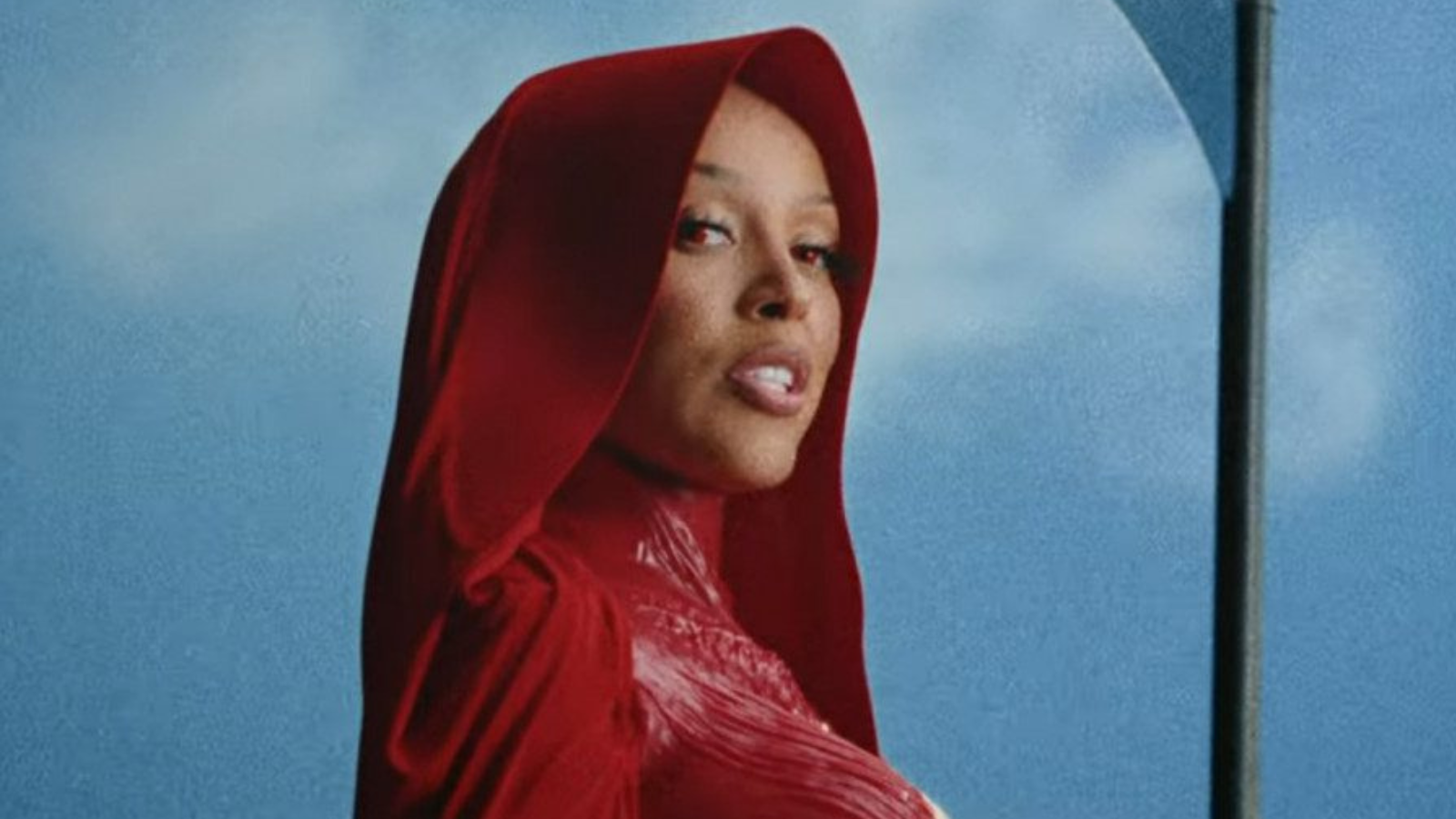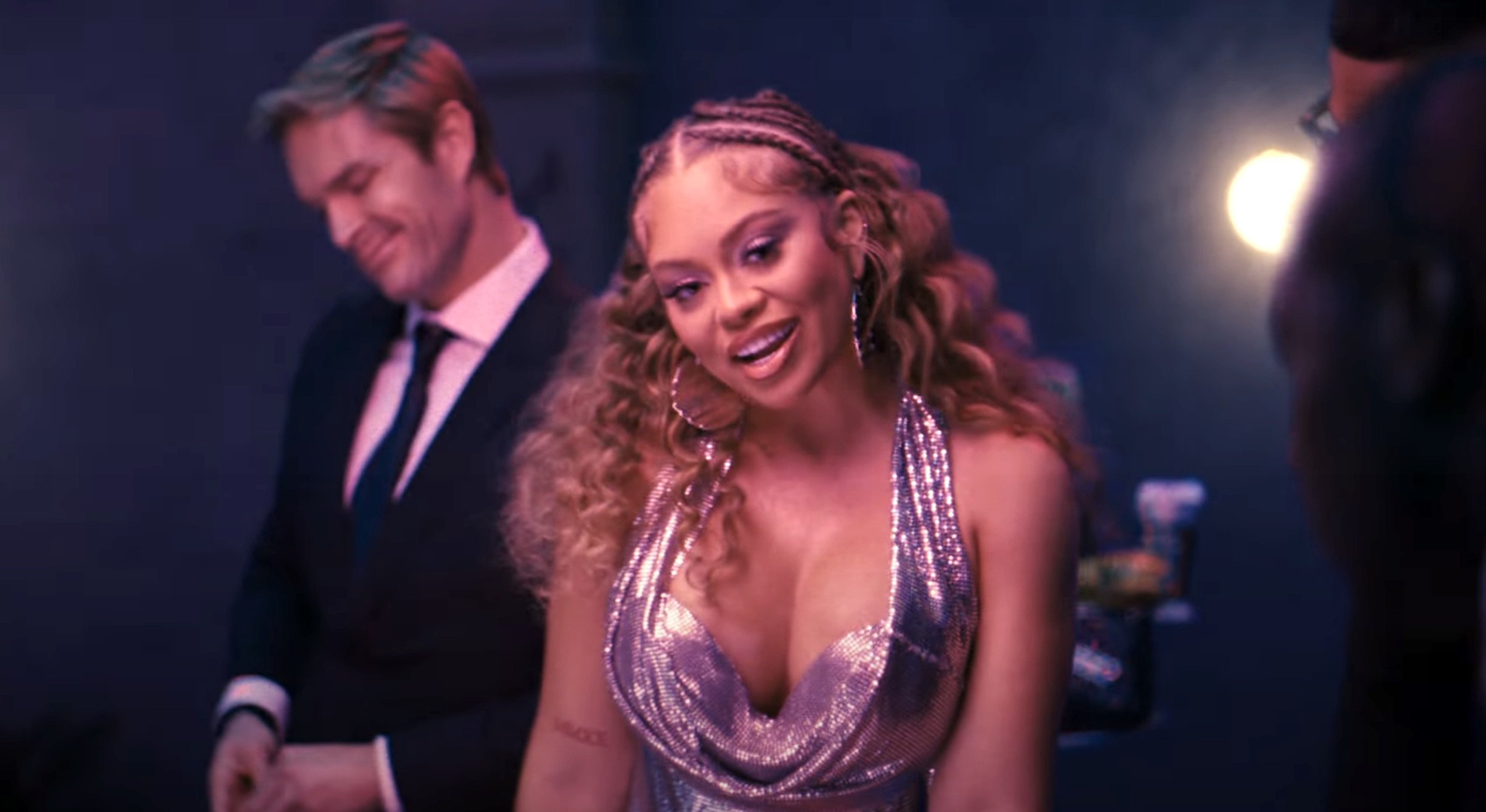Album Review: Westside Gunn's 'Pray for Paris' Is a Future Classic
Do you ever get tired of people fussing about "real rap" or complaining about how "today's rap sucks?" In the streaming age, it's easy degrade mainstream rap, but it's even easier to take advantage of all of the freedom of access and find a rapper that fits your taste buds. If you're itching for coke rap or craving traditional rap music, Westside Gunn may be your guy. Westside Gunn, a member of the Griselda crew, has achieved something with this album that has become increasingly rare. Pray for Paris, his third album, is a lesson a balance; he blends the grandiosty of the the album's production with interludes and flows that offer a sort of controlled chaos. Let's not mince words, Westside Gunn is a rapper. He's a rapper's rapper. The New York native may have a youthful tone, but his wordplay and storytelling abilities prove that he's lived a full life and has wisdom and talent far beyond his years. In terms of rap skill, Westside had absolutely nothing prove; he's part of Griselda after all, and skilled rappers are their brand. In that vein, as tight at his rhymes are and as impressive as his flow switches are, the real triumph of Pray for Paris is the production.
Despite the many cooks in the kitchen (The Alchemist, Jay Versace, DJ Premier, and Tyler, the Creator among others), Pray for Paris is incredibly cohesive. Most of the album falls under a steady uniform mood that's painted by piano riffs and drum patterns that emulate jazz and lounge music. Westside is very particular about setting the sonic mood for the album. He begins the record with a skit set at an auction; he then uses the undertones of opulence and wealth to subvert the audience's expectations and instead rap about selling cocaine and his time in prison. The auction skit is also an early allusion to the small bursts of chaos that color the largely calm soundscape of Pray for Paris. On one of the album's standout tracks, "Allah Sent Me," Westside and the rest of the Griselda crew all share a verse and tear the beat apart. Nevertheless, it's the chaotic sing-song hook that is the star of the track; it sounds weird and off-putting on first listen, but the hook provides a sharp dissonance to the rest of track. These small moments of chaos appear again towards the end of the album. Keisha Plum delivers a bone-chilling spoken word verse on "Party with Pop Smoke" that is so dark and hellish that it unashamedly disrupts the smooth general tone of the album. The title of the song, a tribute to the late Brooklyn rapper best known for "Welcome to the Party" and "Dior," in itself is a moment of a chaos. The title grounds the album in the harsh reality of the New York City in the face of skits that take place in auctions and during Fashion Week. The greatest burst of chaos on the album comes by way of a tap dance solo that helps close out "LE Djoliba," the final track on Pray for Paris.
Griselda
As aforementioned, the jazzy mood of the album provides a cinematic backdrop for Westside's lyrical magic. There are, however, some tracks that provide some diversity in sound. "French Toast," features not only a stellar Wale verse, but also a smooth piano riff and harmonies from Joyce Rice that result in what has the potential to be a legitimate radio record. It's almost a love song and it works beautifully. A similar moment happens with the DJ Premier-produced "Shawn vs. Flair." DJ Premier's bouncy record scratches set the foundation for the record as Westside references prison life in one of the most playful and intimate ways possible: "Ayo, you ever ate burgers on a Wednesday? (Wednesday)/You ever ate chicken on a Thursday (Thursday)?" Social media personality Jay Versace also lends his production skills to the record. Despite how annoying he may be on Twitter, Versace absolutely nailed it with the production on the aptly titled "Versace." The soul sample is sublime and expertly situates Westside in the legacy of the greats of rap. In terms of storytelling, there are elements of Nas in Westside's lyrical structures, and Jay-Z and Biggie are also clear influences in terms of tone. Jay Versace's beat featured two looped solo ad-libs that fight each other in the background while Westside transports us from Paris to "Utica station" where he "chose the feds, said fuck college" and finally declares that "Inshallah, [I'm] never goin' back."
Every individual working part of Pray for Paris is phenomenal. The only real critique is that it lacks a radio or streaming hit, but that clearly was not Westside's intention with this record. He created a movie with this album, it's an autobiographical marvel that details his storied past and celebrates the glorious future ahead of him.
Key Tracks: "George Bondo"; "Allah Sent Me"; "French Toast"; "$500 Ounces"
Score: 85







Drake & SZA finally link up on the lead single for For All the Dogs.